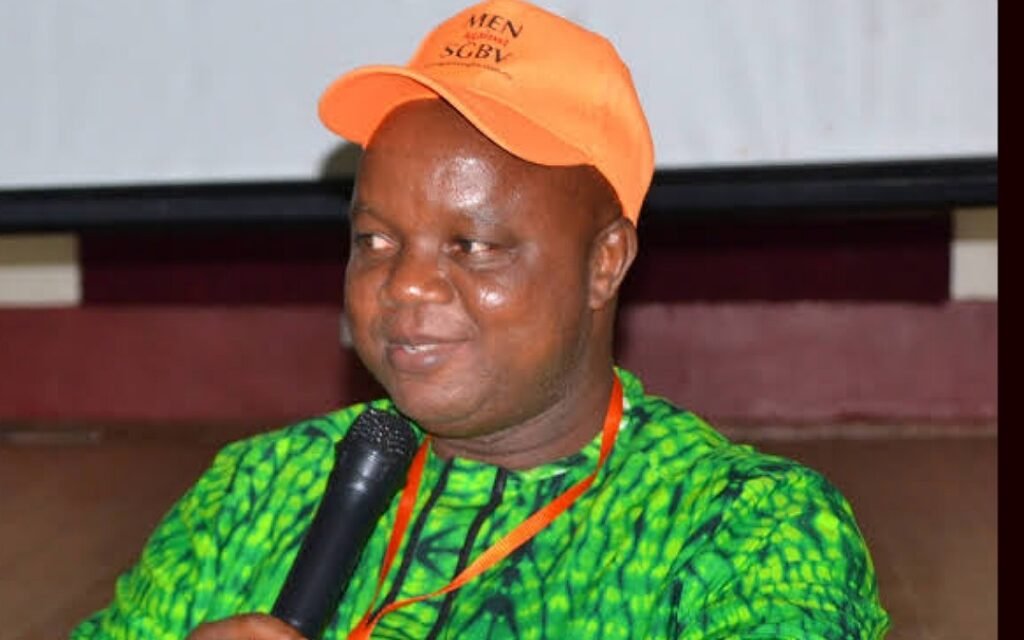African Centre for Leadership Strategy & Development, Centre LSD, organized its Q2 Policy Dialogue series on the theme Sustainable Development Goals, SDGs Implementation in Nigeria.
The Progress, the Gains, and the Gaps. The Policy Dialogue was organized for stakeholders to review the implementation of the SDGs in Nigeria.
However, the policy dialogue worked to build a shared understanding of the status of SDGs implementation in Nigeria among stakeholders and to collectively come up with strategies including design implementation plan for fast-tracking implementation in the remaining 8 years leading to 2030.
According to Centre LSD, the Policy Dialogue was a hybrid event featuring a physical gathering in Federal Capital Territory, FCT and online participation across the country and globally.
The event had in attendance experts on SDGs, Office of the Senior Special Assistant to the President on Sustainable Development Goals, OSSAP-SDGs, and Civil Society Organizations.
Some issues Looked at by Centre LSD include:
Impact of Nigeria’s Debt Servicing on SDGs Implementation:
The cost of servicing Nigeria’s foreign debt is impacting negatively on SDGs implementation as resources are channeled to servicing debt and not financing the SDGs.
Dearth of Sector Disaggregated Data:
There is currently dearth of accessible national disaggregated data, disaggregated in sector specific formats to aid SDGs planning, implementation, and review in Nigeria. This is also manifest in information gap between OSSAP-SDGs and citizens relating to the status of the implementation of the SDGs in the country at National, and subnational levels.
Weak Multi-Stakeholders Coordination and Participation in SDGs Implementation:
Multi-stakeholder engagement in SDGs implementation in Nigeria has remained weak since the signing of the SDGs in 2015. Consultations and engagement with civil society actors as a key element of SDGs planning, implementation as well as other actors in the ‘Leave No One Behind’ principle seem to have been relegated.
Poor Performance of Nigeria in SDGs global rankings:
The poor rating of Nigeria’s performance in the global ranking of SDGs performance should be of utmost concern to policy makers and Nigerians. Of reference is the 2021 Global SDGs Index which ranked Nigeria, 160 out of 165 countries of the world that were ranked.
Weak Engagement of Actors at the Subnational Level:
The implementation of the SDGs in Nigeria has become so weak in the past 7 years resulting in poor engagement of States and Local Government Areas with the SDG.
CentreLSD also considered the Weak Procurement and Project Implementation Monitoring Mechanism: Corruption in the budgetary and public procurement processes as well as poor project implementation monitoring mechanism have combined to continue to undermine the achievement of the SDGs and the development targets of the country at large.

